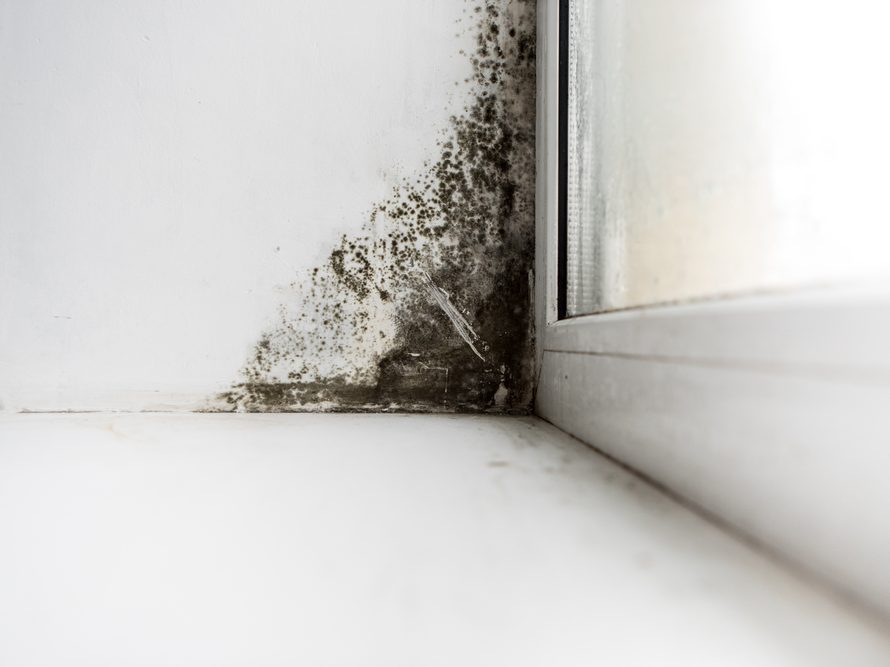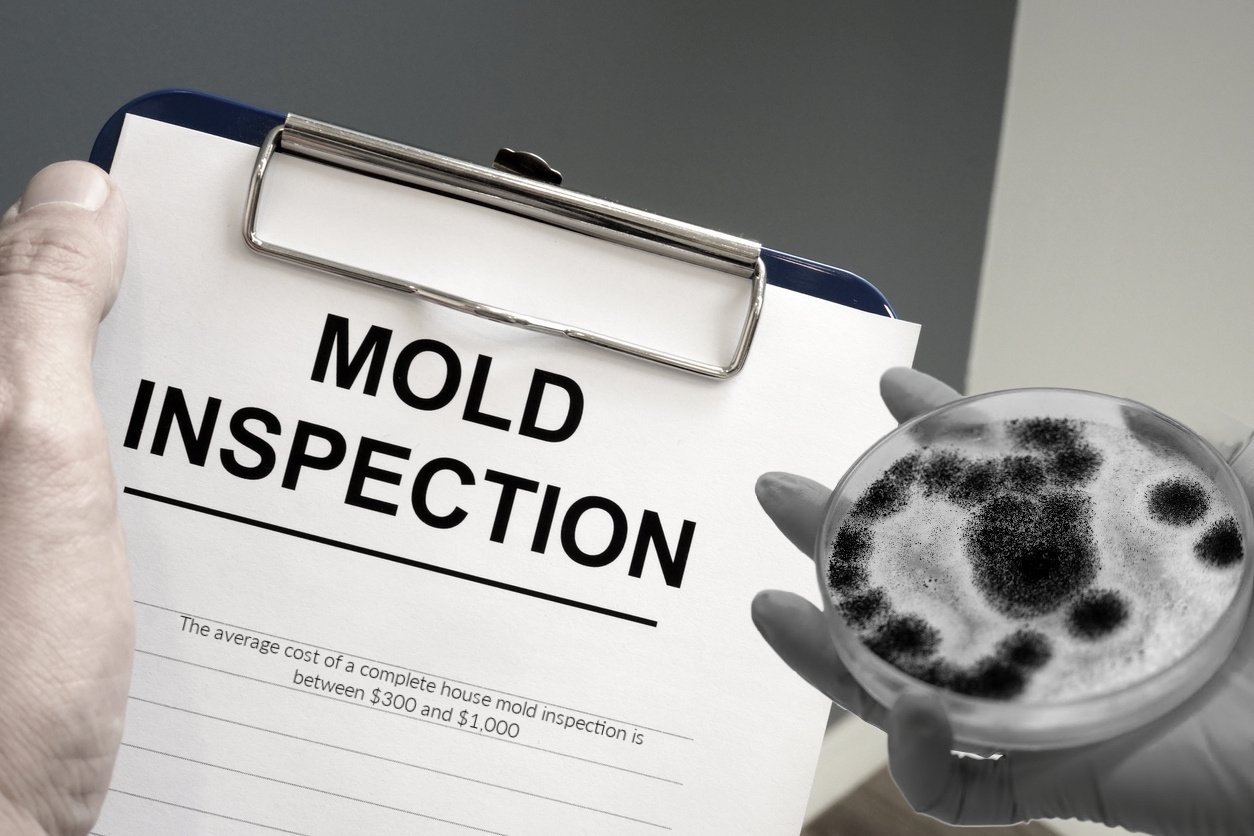After Mold Remediation Strategies for Clean Rooms
Wiki Article
Effective Message Mold Remediation Solutions for Your Home
Mold and mildew development in homes can be a relentless problem, often calling for a systematic technique for reliable post-remediation solutions. From comprehending the aspects that contribute to mold and mildew advancement to executing correct cleaning strategies and wetness control actions, the process can be detailed yet essential for preserving a healthy living atmosphere. Additionally, discovering natural remediation services and establishing a routine for recurring upkeep are necessary elements of an extensive mold and mildew removal technique. As house owners aim to deal with mold and mildew problems, locating one of the most effective options becomes paramount for the wellness of their houses.Recognizing Mold And Mildew Growth Factors
The key factor contributing to mold growth is wetness. Mold spores need wetness to germinate and flourish, making damp or moist atmospheres extremely vulnerable to mold and mildew problems.
Additionally, airflow and light direct exposure can impact mold and mildew growth. Locations that lack appropriate ventilation and natural light are more vulnerable to mold advancement. By addressing these variables thoroughly, individuals can successfully mitigate mold and mildew development and protect their living settings.
Appropriate Mold Cleansing Methods
Making use of effective cleaning methods is important in attending to and stopping the reappearance of mold contamination in indoor environments. The first step in correct mold and mildew cleaning is to contain the affected area to prevent the spread of spores to uncontaminated locations.
Applying Moisture Control Actions
To effectively protect against mold and mildew growth and contamination in interior atmospheres, implementing dampness control steps is extremely important. Additionally, making certain correct ventilation in locations susceptible to moisture buildup, such as washrooms and kitchens, can help minimize the risk of mold and mildew growth. By carefully implementing these wetness control actions, home owners can efficiently lower the possibility of mold and mildew recontamination and maintain a healthy interior atmosphere.Making Use Of Natural Removal Solutions
After effectively executing wetness control procedures to stop mold growth in interior atmospheres, property owners can now discover the effectiveness of all-natural remediation remedies in keeping a healthy living room. Natural removal options use environmentally friendly approaches to battle mold and mold, making them a preferred choice for those looking for non-toxic choices. By including these natural remediation options into their cleaning regimens, property owners can successfully fight mold development while promoting a healthier interior environment for themselves and their family members.
Keeping a Mold-Free Setting
In order to avoid mold recurrence and make certain a Post Remediation verification continually mold-free setting, it is necessary for property owners to execute aggressive upkeep practices. On a regular basis evaluating locations vulnerable to mold development, such as restrooms, cooking areas, cellars, and attics, is critical. Attending to any type of leaks, water damages, or excess moisture promptly can dramatically lower the threat of mold and mildew growth. testing air quality after mold remediation. Appropriate air flow in locations with high humidity levels is additionally key to avoid mold and mildew growth. Utilizing dehumidifiers or exhaust followers can help keep optimum dampness degrees and dissuade mold spores from flourishing.Additionally, preserving cleanliness in the home is vital for mold and mildew avoidance. Keeping indoor plants in check and ensuring proper water drainage in exterior landscape design can reduce wetness build-up, lowering the likelihood of mold invasions.
Final Thought
In verdict, it is crucial to resolve mold growth aspects, use proper cleaning strategies, carry out wetness control procedures, make use of natural removal services, and maintain a mold-free setting in order to properly manage blog post mold remediation in your house - Post Mold Remediation. By following these approaches, you can stop mold and mildew from reoccuring and ensure a healthy living environment for you and your family
The main aspect contributing to mold and mildew development is dampness. Mold and mildew spores require moisture to sprout and thrive, making moist or moist environments very vulnerable to mold problems.To properly avoid mold growth and contamination in indoor environments, applying dampness control measures is extremely important. Additionally, making sure correct air flow in locations prone to moisture buildup, such as kitchen areas and shower rooms, can assist minimize the threat of mold and mildew development.After efficiently applying dampness control measures to avoid mold growth in indoor environments, property owners can now explore the effectiveness of natural remediation remedies in maintaining a healthy and balanced living room.
Report this wiki page